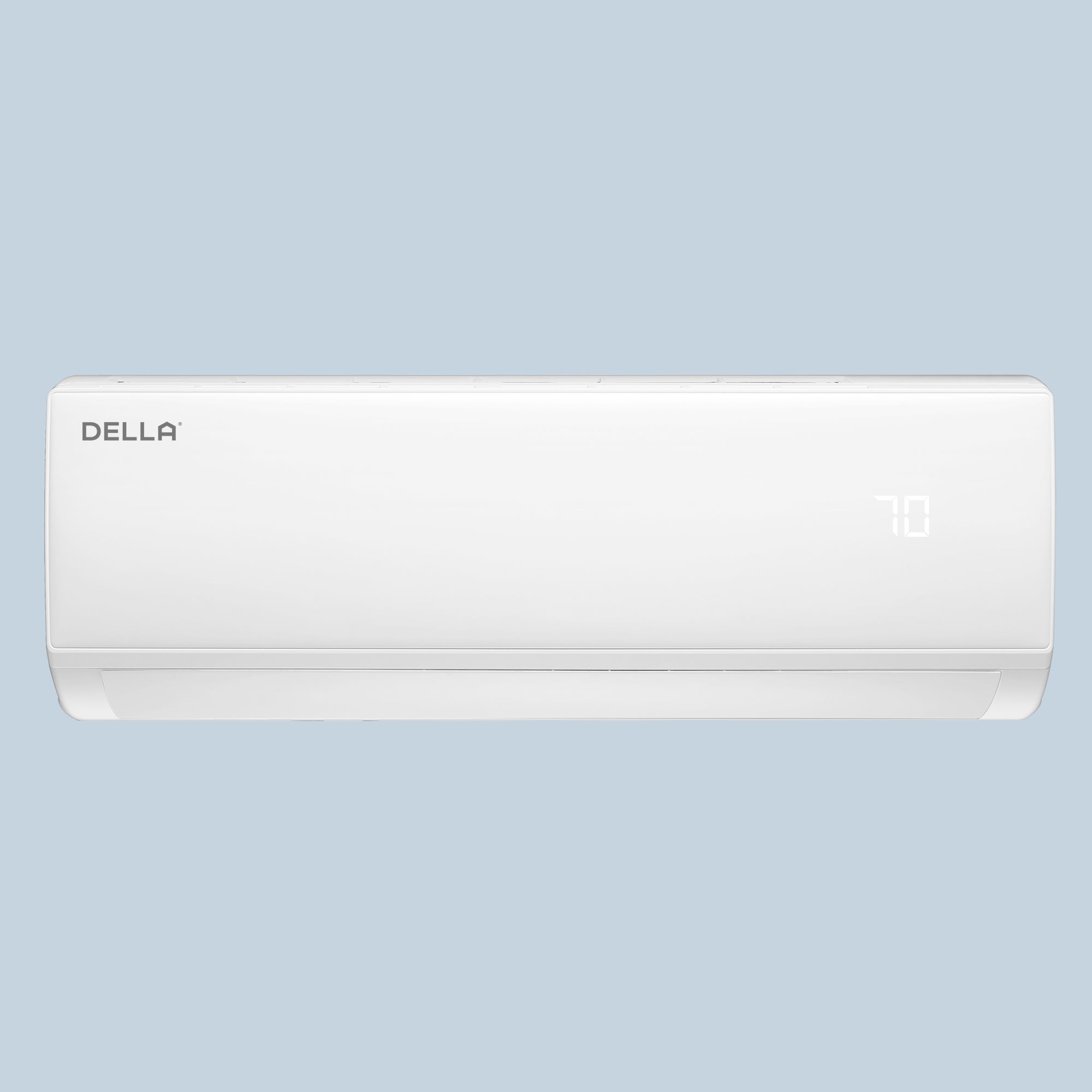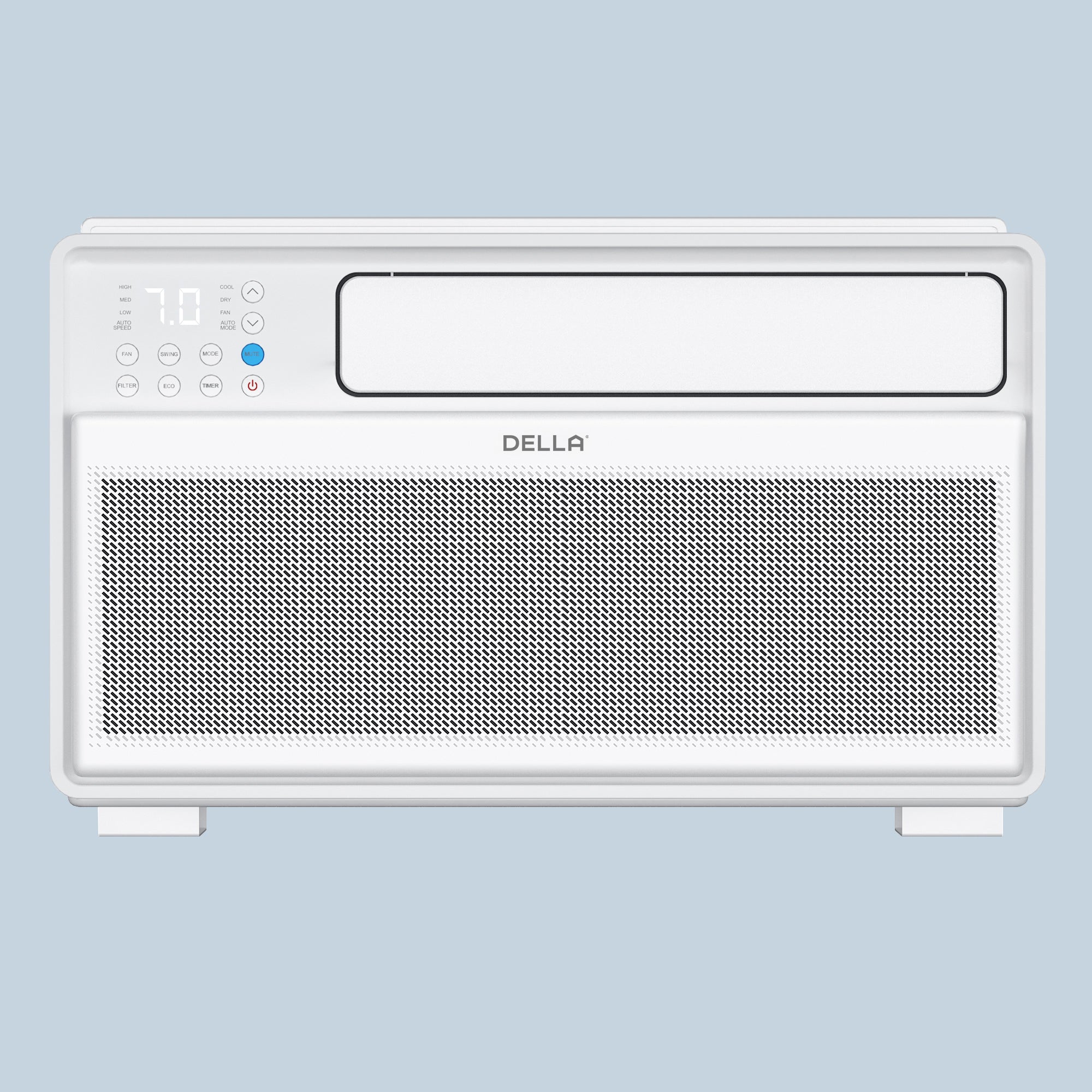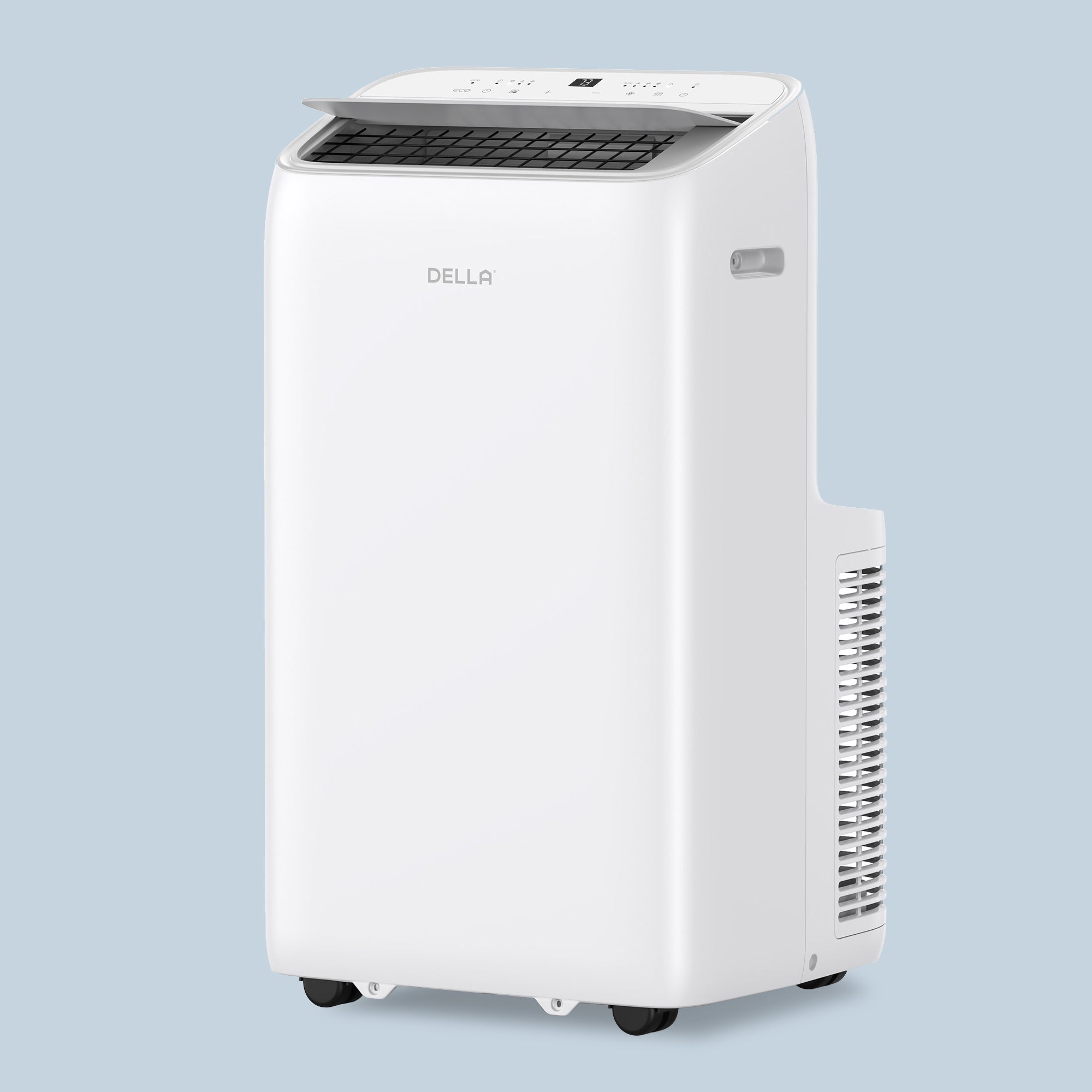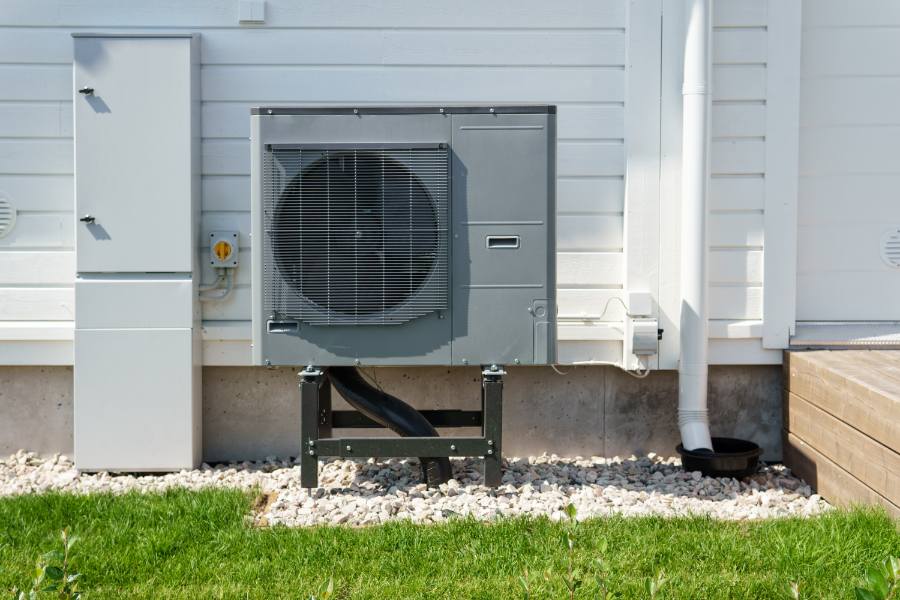Mini split AC units and ducted heat pumps have become go-to choices for homeowners seeking efficient and versatile heating solutions. Let's learn about the differences between mini splits and traditional heat pumps and explore which is the best choice for your home’s comfort and energy efficiency.
What are Ducted Heat Pumps?
There are three main types of heat pumps: water, ground, and air. Water and ground source heat pumps are highly efficient and offer long-term savings, though they come with higher installation costs due to the need for drilling or tapping into a water source. Air source heat pumps are more budget-friendly and easier to install, making them a popular choice, though they can be less efficient in extreme cold.

What is a Mini Split?
Mini split air conditioners are a modern, efficient way to heat and cool your home without the need for bulky ductwork. Mini split systems consist of two main parts: an indoor unit and an outdoor unit. The indoor unit is responsible for blowing air into your space, while the outdoor unit releases the heat it’s gathered from inside. They’re connected by a small conduit that runs through your wall, which carries refrigerant, power, and drainage between the two units.
You might also have heard the term "mini-split heat pump" and wondered, "What is a mini split heat pump?" Simply put, it’s a mini-split system that can both heat and cool your home. But not all mini-splits are heat pumps. The mini split heater AC works by reversing the flow of refrigerant to either absorb heat from the inside and release it outside or draw heat from outside to warm your home.
Mini Split and Heat Pump: Which is Better for You?
Let's learn the differences between mini split air conditioner and central air heat pump before making decision. It’s essential to consider the following key factors that will impact your home’s comfort, installation process, and overall costs.
Installation Difficulty and Cost
If your home doesn’t have ducts, installing a traditional heat pump can be costly and disruptive. You may cost ranging from $10,000 to $25,000 for extensive ductwork. In contrast, the ductless mini split air conditioners are much simpler to install, requiring just a small hole in the wall, with the whole upfront costs typically between $3,000 and $8,000. However, for larger homes with existing ducts, a traditional heat pump might be more economical, providing whole-house heating and cooling with a single central unit.
Unit Control and Multizone Climate Control
Mini split ACs offer excellent multi zone climate control. It allows you to adjust the temperature in individual rooms or zones catering to your preference. Ducted heat pumps, on the other hand, typically rely on a central thermostat and ductwork to distribute warm air throughout the home. As a result, all your rooms are at nearly similar temperatures, which is not right for families with varying heating and cooling needs.
Design Flexibility
Mini split air conditioners features in their installation flexibility. The indoor units are compact and can be installed on walls, ceilings, or floors, allowing them to blend seamlessly into any room design and be most efficient. On the other hand, traditional heat pumps depend on ductwork for air distribution. The complex layouts require more planning and restrict where you can place the indoor units to get the best efficiency.
Energy Efficiency
Mini split heat pumps are often more energy-efficient because they let you heat or cool only the rooms you're using, which can save up to 30% on energy bills. Ducted heat pumps, or central air heat pumps can be efficient too, but they rely on well-sealed and properly sized ductwork. If your ducts leak or the system is mismatched to your home, you could lose up to 20% of your energy and this leads to higher costs.
Heating Capacity
Mini splits are usually great at heating in most climates. However, in freezing weather, the traditional heat pumps typically have a better heating capacity than mini splits. Some mini split heater AC may lose efficiency by 20% to 30% when temperatures drop below freezing (32°F). However, as technology development, some advanced mini splits provide enough heat below freezing, like Della's 3 zone mini split heat pump still provide 100% heating capacity even when it’s as cold as 5°F outside.

Is a Mini-Split System Better Than a Heat Pump?
Deciding between a mini-split system and a traditional heat pump really comes down to what works best for your home. If you don’t have ductwork, the ductless mini splits are absolutely the winner. However, if your home already has ducts, a ducted heat pump might be more straightforward, but it’s worth considering if it meets all your needs. If you prefer different temperatures in various rooms or are looking to save on energy costs, adding multi zone mini splits could be a smart choice.
We hope this article has helped you better understand the differences between mini-splits and traditional heat pumps and be clear if they can meet your home’s unique needs. Della offers a range of flexible and efficient mini splits air conditioner sale designed to keep your home comfortable year-round. Explore the perfect mini-split system for your home today!
FAQs about Mini-Split Heat Pumps
How do you measure the performance of mini split heat pumps?
The cooling and heating performance of mini split heat pumps is measured by the Seasonal Energy Efficiency Ratio (SEER) for cooling and the Heating Seasonal Performance Factor (HSPF) for heating. A SEER rating of 16 or higher is generally considered efficient, with top models reaching 20 SEER or more. For heating, an HSPF rating of 8 or higher is considered efficient, with the best systems offering ratings of 10 or more.
Are mini split ACs worth the investment?
For homes without ductwork or those needing zoned climate control, mini split ACs are often a worthwhile investment. They offer energy savings, easy installation, and precise temperature control, making them a popular choice for many homeowners. Though ductless mini splits have some disadvantages, including high upfront costs and visible indoor units, which might not fit every aesthetic, they are still a good choice for most. Here's further learning of pros and cons of mini splits.








LEAVE A COMMENT
All comments are moderated before being published.
This site is protected by hCaptcha and the hCaptcha Privacy Policy and Terms of Service apply.